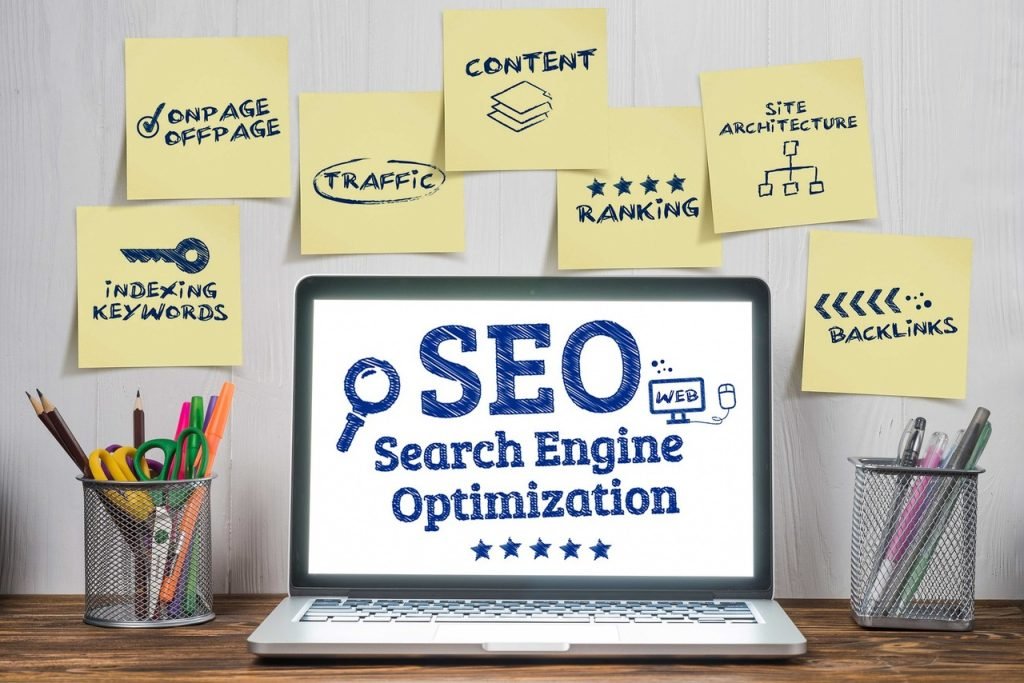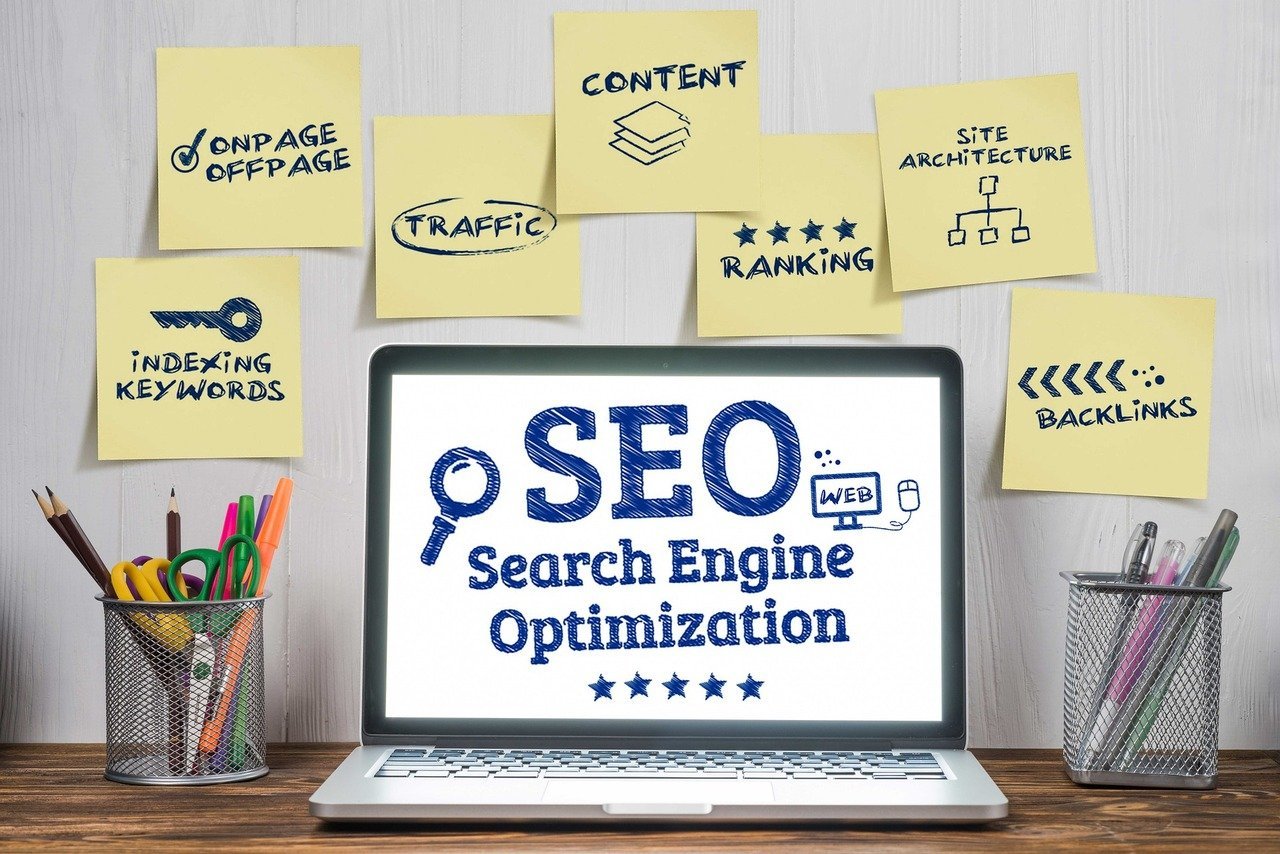5 Keys to Improve the SEO Positioning of Your Website
SEO is tough.
With more content creators and knowledge than ever before being shared, it’s difficult to gain an edge. However, what you may have over many others is stamina, and a willingness to understand the latest updates in detail.
Changes like E-E-A-T, which stands for Experience, Expertise, Authoritativeness, and Trustworthiness, are all we have to officially go by, as Google keeps a lot of the detailed algorithm changes close to its chest.
This article looks at five ways to tackle the new SEO environment, which is being heavily influenced by AI.
Table of Contents

Key 1: Prioritize high-quality content
Content remains king, as it always has done. But, what determines quality? Today, quality is scrutinized through the E-E-A-T framework, and so your experience means showing real-world knowledge, while your expertise refers to your skills.
This means that content’s quality comes from a visible and qualified author, as well as being cited and well-researched. So, use authoritative external links to back up your claims, and make sure you’re writing within your field of expertise. Have an author bio and link out to your credentials.
Key 2: Build authority with strategic link building
Linkbuilding is a way to get hyperlinks from other websites back to yours. Increasingly, this is how Google is determining authority. High-quality backlinks strongly signal authoritativeness and trustworthiness, as they show other reputable sources trust your content. Therefore, these links need to come from reputable places…
This is where things get tricky, as it can take a long time to reach out to individual publishers and ask (or pay) for their links, or ask to guestpost. Many website owners find it a better use of time to rely on a linkbuilding tool – a place that has many trusted website partners in their contact list. You can still provide the content (or they can), but you will find it being published on other authoritative sites, linking back to yours.
Key 3: Technical SEO foundations
A technically sound website will benefit both users and search engine crawlers. A lot of the old principles remain true, and so we shouldn’t overlook them simply because they’re ancient. This means having a fast site speed (compressed images that load quickly, for example) and good Core Web Vitals.
Your site must be mobile-friendly, of course, and ensure search engines can easily crawl it. You can index your content with tools like XML sitemaps and correct robots.txt files, but also look towards implementing structured data to further help search engines understand your website.
Key 4: Optimize on-page elements for user intent
Keyword stuffing is a thing of the past. Especially since E-E-A-T, it’s more important to understand the user intent behind search queries, and go about optimizing title tags, meta descriptions and headers to clearly reflect the content.
This means niching down too, rather than broadly spamming keywords, such as answering more direct questions than before. Plus, this goes hand-in-hand with the increasing use of AI search, where you will have more chance of being cited as a source.
Key 5: Elevate user experience
Another trick Google is using to overcome low-quality AI content is to see how users are interacting with your site. This directly connects to the experience aspect of E-E-A-T. So to game this, focus on easy navigation where users can find information effortlessly (e.g. a table of contents that takes them to the section that’s relevant to them).
Prioritize readability, making it skimmable, with clear fonts and good formatting. Do everything to reduce the bounce rate, and this can begin with making your UX intuitive, and your UI engaging.
SEO in an AI world
Improving SEO was never easy, but in 2025, it requires even more thought because things are changing fast. Many believe that AI search was an existential threat to content websites, but this doesn’t appear to be the case.
Instead, websites need to learn how to coexist with it, and work withthem, such as appearing as a citation for Perplexity and Google AI answers.







